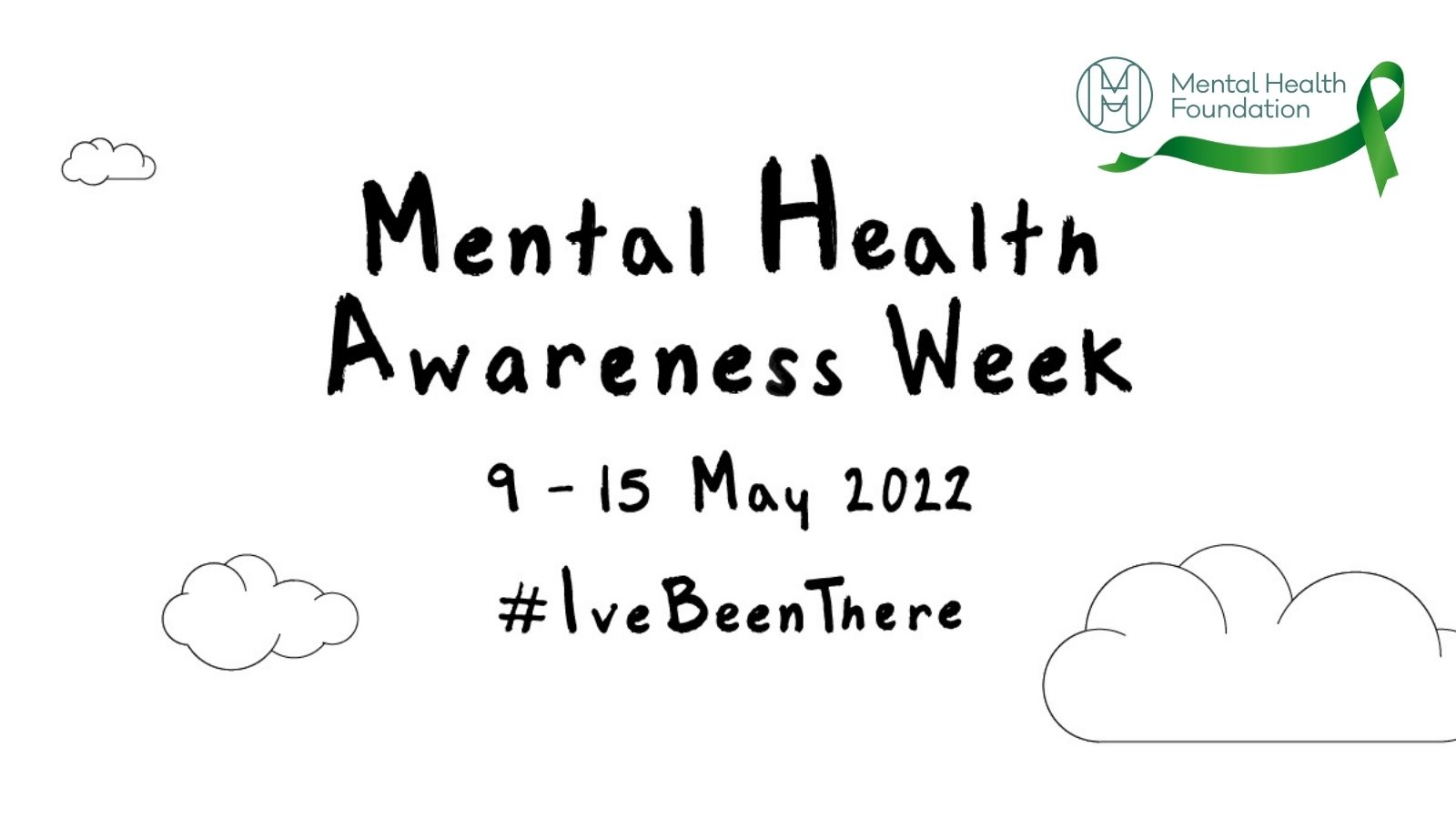Contents Show
I. Introduction
In the competitive world of small business and entrepreneurship, the journey to success is often paved with challenges and stressors that can take a toll on even the most resilient individuals. Burnout, characterized by a state of physical, emotional, and mental exhaustion due to prolonged stress, is a prevalent concern among business owners. Understanding its definition and significance within this context is paramount.
Definition and Significance of Burnout in Business Owners
Burnout transcends mere fatigue or stress; it’s a complex phenomenon that can profoundly impact both personal well-being and business performance. As entrepreneurs navigate the demands of launching and running a business, they often find themselves grappling with relentless pressures and responsibilities, making them particularly susceptible to burnout.
Concept of Burnout
Burnout entails more than just feeling overwhelmed; it encompasses a pervasive sense of exhaustion that permeates every aspect of an individual’s life. It’s characterized by a depletion of physical, emotional, and mental resources, resulting in decreased motivation, productivity, and overall health.
Unique Pressures Faced by Entrepreneurs
The entrepreneurial journey is fraught with uncertainty, risk, and constant demands, contributing to the heightened susceptibility to burnout among business owners. From managing finances and operations to navigating market fluctuations and competition, entrepreneurs must juggle myriad responsibilities, often at the expense of their well-being.
Prevalence of Burnout in the Entrepreneurial World
Despite its prevalence, burnout remains a topic shrouded in silence within entrepreneurial circles. This lack of discussion is exacerbated by common misconceptions and stigmas surrounding mental health in the business realm.
According to (Eser, 2024)*1, statistics Highlighting Burnout Among Business Owners are:
- Approximately 31% of business owners report experiencing high levels of stress, indicating the pervasive nature of this phenomenon.
- Shockingly, 20% of entrepreneurs work 60 hours or more per week, significantly increasing the risk of burnout due to prolonged work hours.
- One in three entrepreneurs grapple with depression and burnout, highlighting the detrimental impact of chronic stress on mental health.
- An estimated 29% of entrepreneurs experience long-term negative effects of burnout, underscoring the enduring consequences of unchecked stress and exhaustion.
- Entrepreneurs are 2.5 times more likely to develop depression compared to the general population, emphasizing the heightened vulnerability of business owners to mental health challenges.
- Surprisingly, 40% of entrepreneurs consider starting a business to be one of the most stressful experiences of their lives, reflecting the significant pressures inherent in entrepreneurship.
- Alarmingly, 44.7% of founders report experiencing exhaustion, indicating the prevalence of burnout symptoms among business leaders.
These compelling statistics underscore the significant prevalence of burnout among business owners, highlighting the urgent need for proactive measures to address this issue and promote mental well-being in the entrepreneurial realm. Recognizing the extent of the problem is crucial for encouraging open dialogue and implementing effective strategies to support the holistic health of entrepreneurs.
Common Misconceptions
Misconceptions about entrepreneurship, such as glorifying the hustle culture and equating success with relentless work, contribute to underreporting and the perpetuation of burnout. Dispelling these myths is essential for promoting a culture that prioritizes holistic well-being.
“You will burn and you will burn out; you will be healed and come back again.”
Fyodor Dostoevsky
II. Signs and Symptoms of Burnout
Recognizing the signs and symptoms of burnout is the first step toward prevention and intervention. Burnout can manifest in various physical, emotional, and mental indicators, each affecting personal and professional life in profound ways.
Physical, Emotional, and Mental Indicators
- Physical Symptoms: Fatigue, headaches, and sleep disturbances are common physical manifestations of burnout, reflecting the toll it takes on the body.
- Emotional Symptoms: Feelings of failure, self-doubt, and a sense of detachment from work are prevalent emotional indicators of burnout, affecting overall mood and motivation.
- Mental Symptoms: Difficulty concentrating, persistent worry about work-related matters, and a sense of cynicism or detachment are telltale signs of burnout that impact cognitive functioning and decision-making.
The Impact of Burnout on Personal and Professional Life
The ramifications of burnout extend beyond individual well-being, permeating personal relationships and business operations alike.
1. Personal Relationships: Burnout can strain personal relationships, leading to decreased satisfaction and engagement in social interactions.
2. Business Operations: In the professional sphere, burnout can impair decision-making, diminish productivity, and compromise the quality of work, ultimately jeopardizing business success.
III. Causes of Burnout in Business Owners
Understanding the root causes of burnout is essential for implementing effective prevention strategies. Business owners face a myriad of stressors, ranging from work-related pressures to challenges in maintaining work-life balance.
The nature of entrepreneurship exposes business owners to a multitude of stressors, including financial uncertainty, intense competition, and the constant pressure to innovate and adapt.
Specific Stressors Unique to Entrepreneurs: The unpredictability of markets, the relentless pursuit of growth, and the burden of decision-making contribute to the heightened stress levels experienced by business owners.
Lack of Work-Life Balance
Achieving work-life balance is a constant struggle for entrepreneurs, particularly in the early stages of business development. The demands of running a business often spill over into personal time, blurring the boundaries between work and leisure.
Financial and Operational Challenges
Financial pressures and operational challenges further exacerbate the risk of burnout among business owners. Cash flow issues, investment needs, and the financial burden of sustaining and growing a business can weigh heavily on entrepreneurs, contributing to stress and burnout. Staffing issues, scaling the business, and navigating logistical hurdles pose additional challenges that can overwhelm business owners, further fueling burnout.
IV. Prevention Strategies
While burnout may seem inevitable in the high-stakes world of entrepreneurship, proactive measures can help mitigate its impact and assist a healthier work-life balance.
Prioritizing Self-Care and Mental Well-Being
Prioritizing self-care is paramount for maintaining resilience and preventing burnout.Engaging in regular exercise promotes physical well-being and helps alleviate stress and tension. Nourishing the body with nutritious foods provides essential nutrients and energy, supporting overall health and well-being.
Prioritizing adequate sleep is essential for cognitive function, mood regulation, and overall resilience in the face of stress.
Setting Realistic Goals and Boundaries
Establishing clear goals and boundaries is crucial for managing workload and preventing burnout.Setting realistic goals helps prevent overwhelm and allows for a sense of accomplishment, boosting motivation and morale. Creating clear boundaries between work and personal life helps prevent work-related stress from encroaching on leisure time, promoting work-life balance and overall well-being.
Delegating Tasks and Seeking Support from Others
Recognizing the importance of delegation and seeking support from others can alleviate the burden of burnout. Offloading tasks to trusted team members or outsourcing responsibilities can help distribute workload and prevent overwhelm.
Creating a network of mentors, peers, or mental health professionals can offer both strategic and emotional support, building resilience and providing perspective in trying circumstances.
Time Management Techniques and Stress-Reduction Activities
Effective time management and stress-reduction activities are essential tools in combating burnout and maintaining well-being.Implementing strategies such as prioritization, time blocking, and goal setting can help optimize productivity and reduce feelings of overwhelm. Engaging in activities like mindfulness meditation, yoga, or hobbies can promote relaxation, reduce stress levels, and plant a sense of balance and perspective.
“Give up the delusion that burnout is the inevitable cost of success”
Arianna Huffington
V. Conclusion
In conclusion, burnout poses a significant threat to the well-being and success of business owners. By understanding its definition, recognizing its signs and symptoms, and identifying its root causes, entrepreneurs can take proactive steps to prevent and mitigate its impact. Crucial tactics for building resilience and preserving a good work-life balance include prioritizing self-care, establishing reasonable objectives and limits, assigning responsibilities, and taking part in stress-reduction exercises. By prioritizing their own well-being, business owners can not only safeguard their personal health and happiness but also enhance their business performance and long-term success. It’s time for entrepreneurs to prioritize themselves and their well-being, recognizing that their health is the foundation upon which their businesses thrive.
“Learn to enjoy every minute of your life. Be happy now. Don’t wait for something outside of yourself to make you happy in the future. Think how really precious is the time you have to spend, whether it’s at work or with your family. Every minute should be enjoyed and savored”
Earl Nightingale
- Eser, A. (2024, January 3). Essential Entrepreneur Burnout Statistics in 2024. ZipDo. https://zipdo.co/statistics/entrepreneur-burnout/ ↩︎



